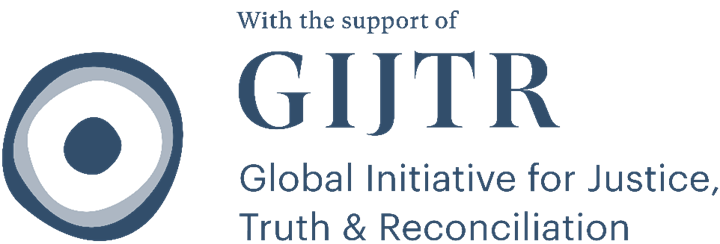...training, employment, housing and access to justice;152 Design human rights-based and gender-sensitive anti-trafficking legislation, policy and programmes; Continuously implement the CEDAW and the Trafficking in Persons Protocol in peace-making, stabilisation and reconstruction processes in line with UNSC resolutions.153 Participation in law enforcement mechanisms. States should ensure the equal representation of women from all backgrounds at all decision-making levels in the armed forces, police, justice institutions and transitional justice mechanisms (judicial and non-judicial) ‘dealing with crimes committed during the......Violence in Conflict‘;180 Collaborating with other justice systems, including the International Criminal Court and international investigative bodies.181 III.19 States must ensure that victims/survivors of CRSV have access to justice🔗 In conflict, existing justice systems may be more likely to violate women’s rights than to protect them, which can deter victims from seeking justice. In the aftermath of conflict, transitional justice mechanisms frequently fail to fully address ‘the gendered impact of conflict’: the most egregious and......dialogue’, aimed at women, in particular those affected by intersecting forms of discrimination, on the legal and social resources available to victims/survivors;191 Ensure access to the Internet and other information and communications technology (ICT) to improve women’s access to justice systems at all levels; Ensure that the physical environment and location of judicial and quasi-judicial institutions and other services are ‘welcoming, secure and accessible to all women’, including financially; Establish justice access centres, such as......indicators to measure women’s access to justice, including the United Nations indicators on violence against women;194 Apply the principle of equality and interpret the law, to the maximum extent possible, in line with States’ CEDAW obligations.195 States should never use domestic laws as justification for failures to carry out their international obligations.196 Accountable justice. The accountability of justice systems refers to the monitoring of the actions of justice system professionals and of their legal responsibility when they......women’s access to justice; Effectively address identified discriminatory practices and acts by justice professionals ‘through disciplinary and other measures’; Create a specific entity to receive complaints, petitions and suggestions with regard to all personnel supporting the justice system, ‘including social, welfare and health workers as well as technical experts’.202 Child-friendly justice. States should establish ‘independent, safe, effective, accessible and child-sensitive complaint and reporting mechanisms’ for children, particularly girls. Mechanisms should be in conformity with international norms,...

 EN
EN FR
FR ES
ES UK
UK



